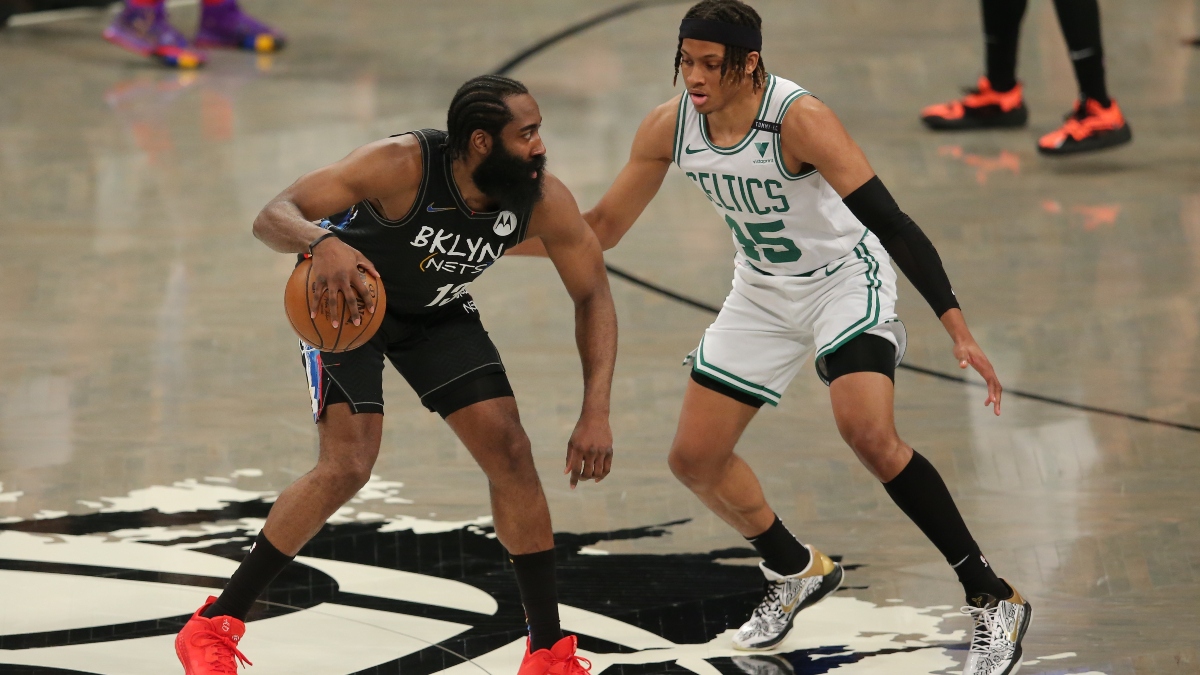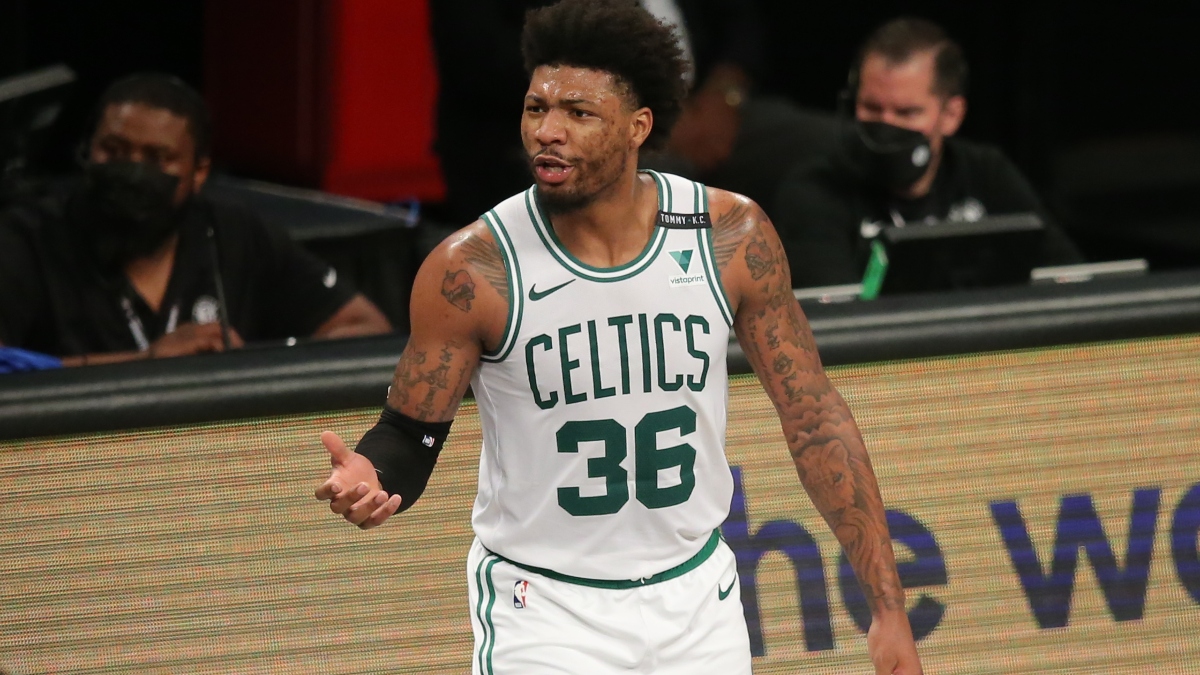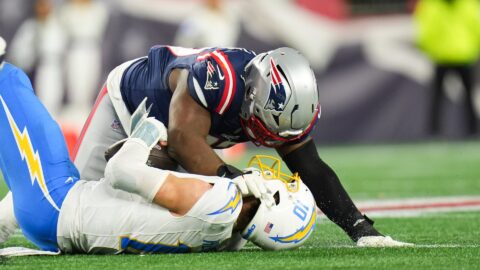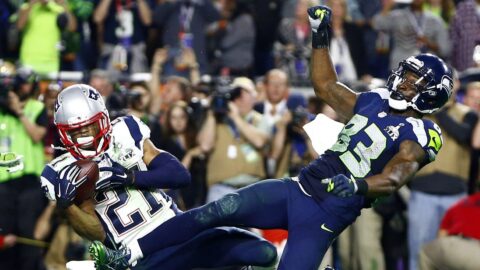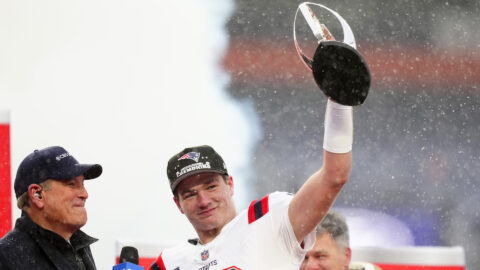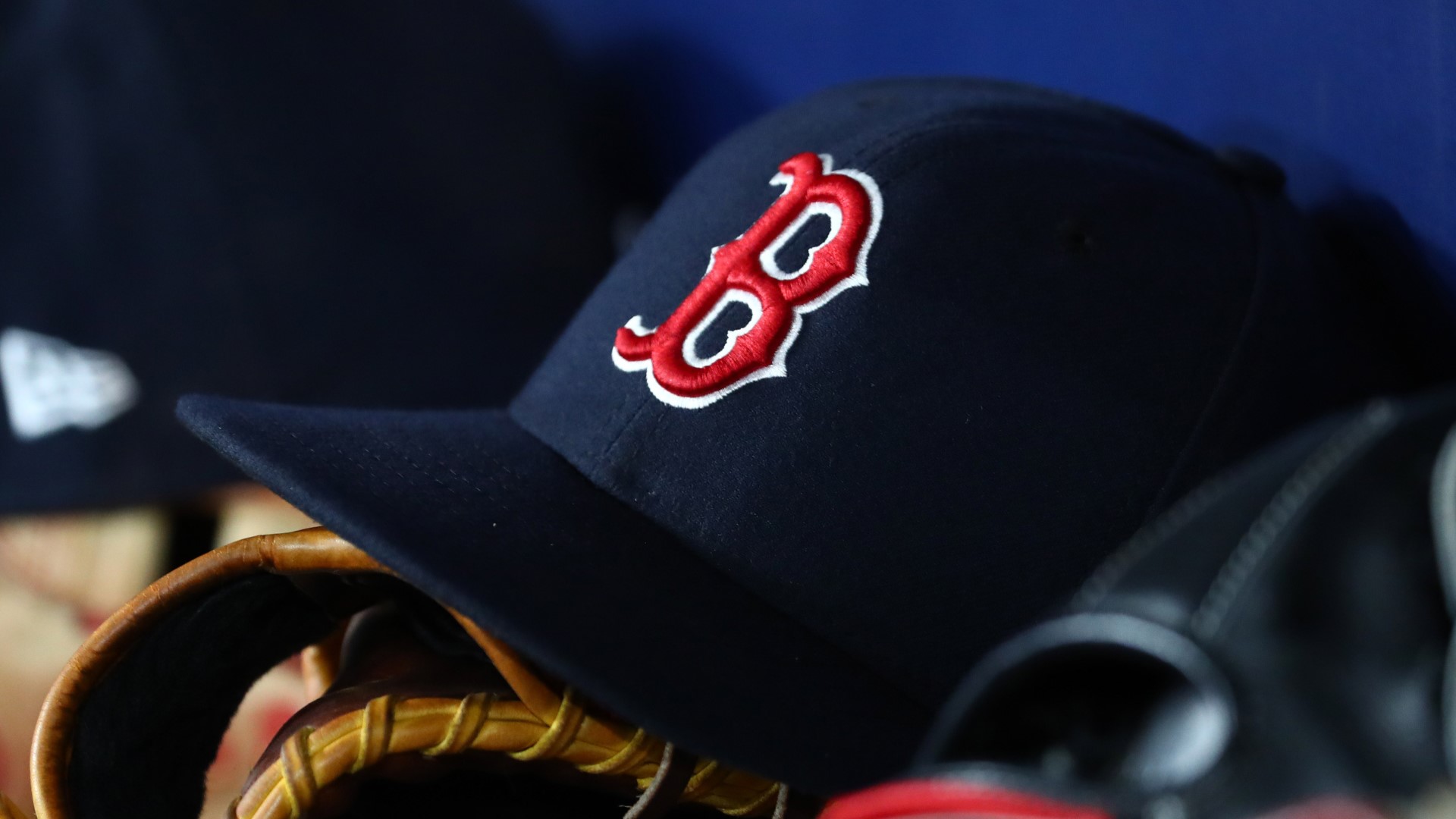The 2020-21 edition of the Boston Celtics received exactly what they deserved Tuesday, a gentleman's sweep from the first round of NBA playoffs, against the far-superior Brooklyn Nets at Barclays Center.
Thankfully, Boston's 123-109 loss means the season is over. And while it ends in disappointment yet again, this year's disappointment feels different than those of recent. This was not the same group that went to three of the last four Eastern Conference finals. There was no postseason run that came to an end and save for a few 50-point performances from Jayson Tatum, the emergence of Jaylen Brown into an NBA All-Star and even the promising potential of Robert Williams, the season in general was a major letdown.
"We never got a true look at this team, this year, but I think we have enough information that shows we have to get better," head coach Brad Stevens said after the loss.
Admittedly, Game 5 was a little different than others in the series, and others this season. Boston actually put up a fight for three-and-a-half quarters. They hadn't done so in Game 2 or Game 4 in the last week or so, which Celtics fan saw far too often.
And because of that, when we look back on the 2020-21 Celtics, more likely than not we'll remember them for all the wrong reasons. No Game 3 win or Game 5 fight will overshadow that.
After all, we watched the C's go into must-win games and get their doors blown off. Then there were the brutal, brutal losses. And no, we're not talking about the Luka Doncic buzzer-beater, although that was brutal too. We're talking about the consecutive faceplates against the Cleveland Cavaliers and Sacramento Kings in mid-March, the down-to-the-wire loss to the Oklahoma City Thunder in late-April, a blowout loss by the Chicago Bulls in early May and another loss to the Cavaliers -- yes, the same team that finished 22-50 this season -- in mid-May. The extreme inconsistencies was the most difficult part. One night Boston showcased an ability to keep up with the Lakers, beat the Clippers and the next they looked like a team deserving to lose four of their next five games.
It was so bad even the biggest of Green Teamers -- team announcer Mike Gorman -- ripped the group in late February. Gorman expressed concern with the Celtics' leadership a few short months later, too. President of basketball operations Danny Ainge joined in acknowledging how the Celtics lacked qualities of a "really good team" in March. He then waved the white flag, and probably rightfully so, at the deadline. Celtics owner Wyc Grousbeck, you may remember, had to come out and say the jobs of Stevens and Ainge weren't on the line in late February.
And while it's easy to point to the string of recent injuries -- I mean, the Celtics were without three starters in both Game 4 and Game 5 -- or, this year, COVID-19, as key factors, it wouldn't be fair to say that was the main thing. Sure, the Celtics had to deal with Kemba Walker's minute restriction all season, Rob Williams' nagging injuries, trade acquisition Evan Fournier immediately getting sidelined upon landing in Boston all while Jaylen Brown's wrist surgery was the icing on the cake.
"I think you that you take everything into account, but I think the reality is all 30 teams were dealing with that," Stevens said. "... All 30 teams were dealing with a tough year so I would say, objectively, we have to get better."
As Stevens depicted, other teams had their issues, too. You just need to look at LeBron James and Anthony Davis missing key stretches for the Los Angeles Lakers, Denver Nuggets' Jamal Murray tearing his ACL in April and the list goes on and on.
It was those injuries which hurt the Celtics depth, or lack thereof, but we can't forget Boston still did have the talent. Unfortunately, far too often that talent didn't do enough.
And it made for a season Celtics fans will want to forget.

